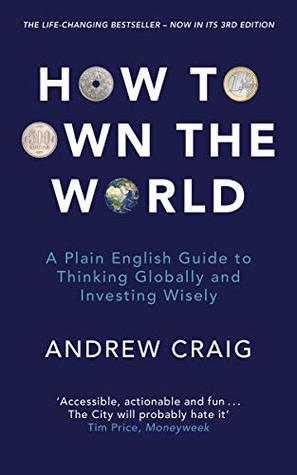More on this book
Community
Kindle Notes & Highlights
by
Andrew Craig
Read between
October 1 - October 11, 2020
‘It is not because things are difficult that we dare not venture. It is because we dare not venture that they are difficult.’
most of the time, fundamentally expensive shares are more likely to lose you money than make you money and, most importantly, you will do well to understand how to work out whether a share is expensive or not before investing.
no company should ever be worth 25 times the value of its sales or a few hundred times the value of its profits.
‘Common sense is not so common.’
The US and UK property markets became a big game of musical chairs.
‘The market can remain irrational longer than you can remain solvent.’
It is perhaps worth quickly addressing another fallacious belief – that renting is just ‘throwing money away’ or ‘paying someone else’s mortgage’. Is it really? Take the example from the beginning of this section: a £500,000 flat being rented for £18,000 a year. Let us imagine that this property loses only 10 per cent of its value in the year ahead (5 per cent because of the market and 5 per cent due to inflation). Our property is now worth roughly £450,000 in real terms. This £50,000 decrease equates to 2.78 years’ worth of rent (£50,000 divided by £18,000). In this scenario, it would be
...more
The book value can be divided by the number of shares to give an idea of the value of existing assets that each share is entitled to. This ratio is called ‘price to book’.
‘Only when the tide goes out do you discover who has been swimming naked.’


